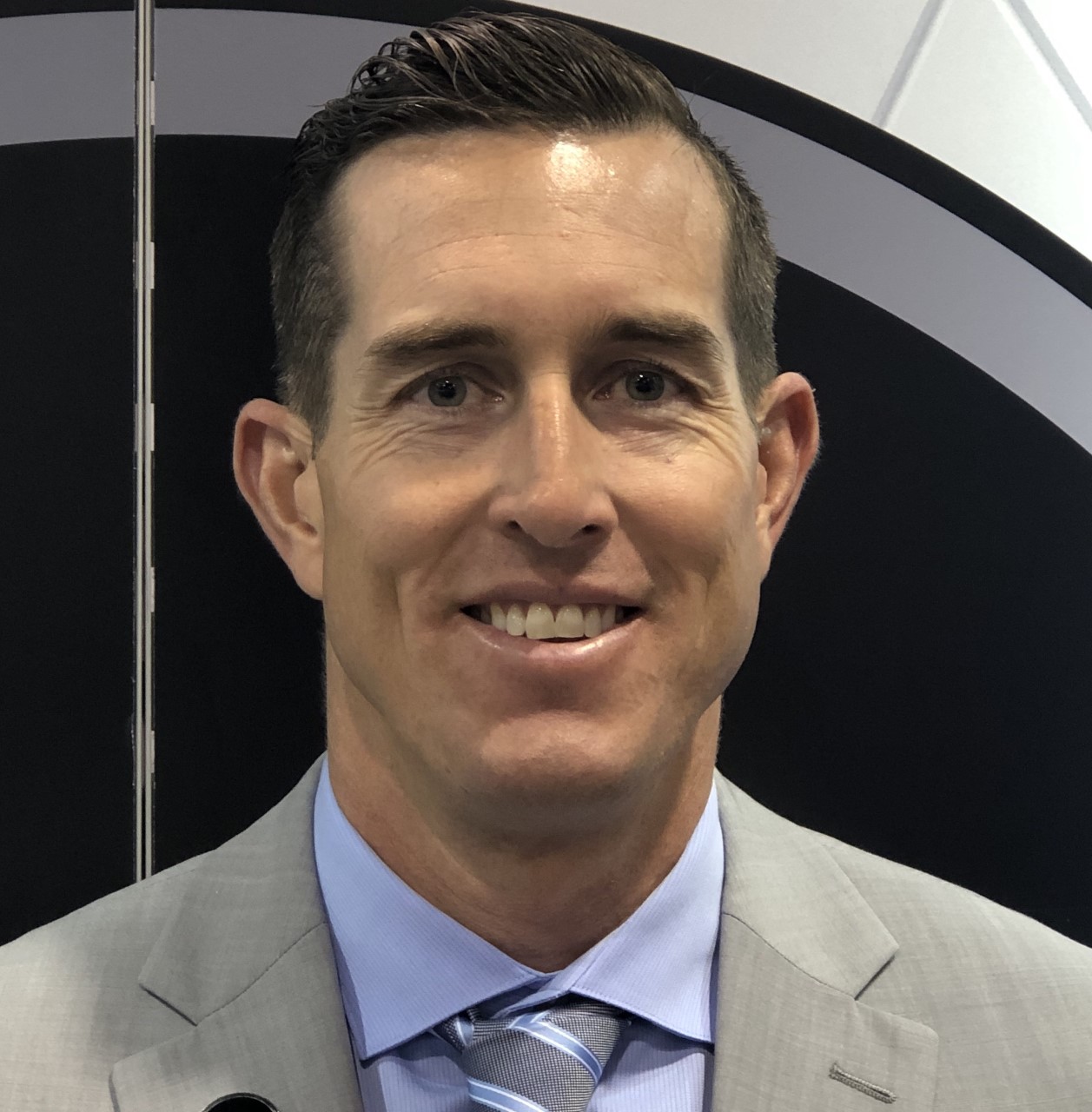To ensure that healthcare facilities can provide high-quality patient care while minimizing costs and reducing waste, it is essential to implement best practices for materials management.
By adopting these best practices, healthcare facilities can ensure that they have the materials they need to provide high-quality care to their patients while also minimizing costs, reducing waste, and improving efficiency.
Materials management refers to the processes and strategies used to manage materials throughout their lifecycle, from acquisition to disposal. It involves planning, organizing, controlling, and coordinating the flow of materials within an organization.
Effective materials management aims to ensure that materials are available when needed, at the right quantity and quality, and at the lowest possible cost.
Examples of materials managed in various industries include raw materials, finished goods, supplies, equipment, and waste products. In healthcare, materials management includes the management of medical supplies, equipment, pharmaceuticals, and inventory control.
Some of these best practices include standardizing materials, implementing efficient ordering processes, real-time inventory tracking, managing supply chains effectively, collaborating with vendors, training and educating staff, properly storing and handling materials, recycling and waste management, continuous improvement, and data analysis.
Moreover, effective materials management can also help to improve patient safety, ensure compliance with regulations, and improve the overall sustainability of healthcare operations.
Here are 10 best practices for materials management in healthcare:
Establishing a standardized list of materials that are used in the healthcare facility can help to reduce waste, simplify inventory management and reduce the risk of errors.
Implementing automated inventory tracking and re-ordering systems can help ensure that materials are ordered promptly and efficiently.
Monitoring inventory in real-time can help to reduce waste and ensure that supplies are available when needed.
Ensuring that supply chains are reliable and efficient can help to reduce costs and improve the availability of materials.
Working with vendors to establish strong relationships can help to ensure that supplies are delivered on time, at a reasonable cost, and meet the healthcare facility's quality standards.
Ensuring that staff is trained on proper handling, storage, and disposal of materials can help to reduce waste, prevent errors, and ensure safety.
Establishing proper storage and handling procedures can help to ensure that materials are stored safely and securely—and that they remain in good condition.
Developing effective recycling and waste management programs can help to reduce waste, improve sustainability, and reduce costs.
Regularly reviewing and evaluating materials management processes can help to identify opportunities for improvement and implement changes to improve efficiency and effectiveness.
Using data analytics tools to monitor inventory levels, ordering patterns, and supply chain performance can help to identify opportunities for improvement and inform decision-making.
Standardization and automation play crucial roles in materials management in healthcare. The former ensures that products and processes are consistent, reducing errors and increasing efficiency. In healthcare, standardized processes can lead to better patient outcomes and reduced costs. Automation can also increase efficiency by streamlining inventory management, reducing manual labor, and improving accuracy.
Automated inventory systems, on the other hand, can provide real-time data on inventory levels, helping healthcare organizations avoid stockouts and excess inventory. Additionally, automation can reduce the risk of errors by removing human error from the process.
Standardization and automation can also improve compliance with regulations and standards, ensuring that healthcare organizations meet quality and safety requirements. Overall, these are both essential components of effective materials management in healthcare.
Ensuring compliance and safety is critical for effective materials management in healthcare. Best practices include adhering to regulatory standards, implementing proper training programs, and using quality control measures. Healthcare organizations must comply with regulations related to the storage, handling, and disposal of materials to ensure patient safety and prevent environmental harm.
Comprehensive training programs can provide employees with the knowledge and skills needed to properly handle materials, reducing the risk of accidents and errors. Quality control measures, such as regular inspections and audits, can also help identify and mitigate potential safety hazards.
Overall, a robust compliance and safety program is essential to maintaining high standards of materials management in healthcare.
Ensuring compliance in material management can make an exceptional difference in the organization. Sorting through inventory and counting the remaining materials can often be confusing and exceptionally time-consuming. With the right inventory systems in place, this process can be streamlined whilst also optimizing the overall efficiency of the facility.
Working in a healthcare facility is a difficult job in and of itself, therefore getting consultation help with your materials management may give you the extra boost you require.
Our mission at Distribution Systems International has always been to provide the healthcare industry with high-quality medical equipment, inventory control, and effective materials management.
Our staff has always made sure that sterile processing facilities, operating rooms, and healthcare supply chains get the best support and storage solutions available.
To get the help you need to implement the best practices for materials management in healthcare, contact us at 800-393-6090 at Distribution Systems International today!

With 21 years of sales management, marketing, P&L responsibility, business development, national account, and channel management responsibilities under his belt, Ian has established himself as a high achiever across multiple business functions. Ian was part of a small team who started a new business unit for Stanley Black & Decker in Asia from Y10’ to Y14’. He lived in Shanghai, China for two years, then continued to commercialize and scale the business throughout the Asia Pacific and Middle East regions for another two years (4 years of International experience). Ian played college football at the University of Colorado from 96’ to 00’. His core skills sets include; drive, strong work ethic, team player, a builder mentality with high energy, motivator with the passion, purpose, and a track record to prove it.